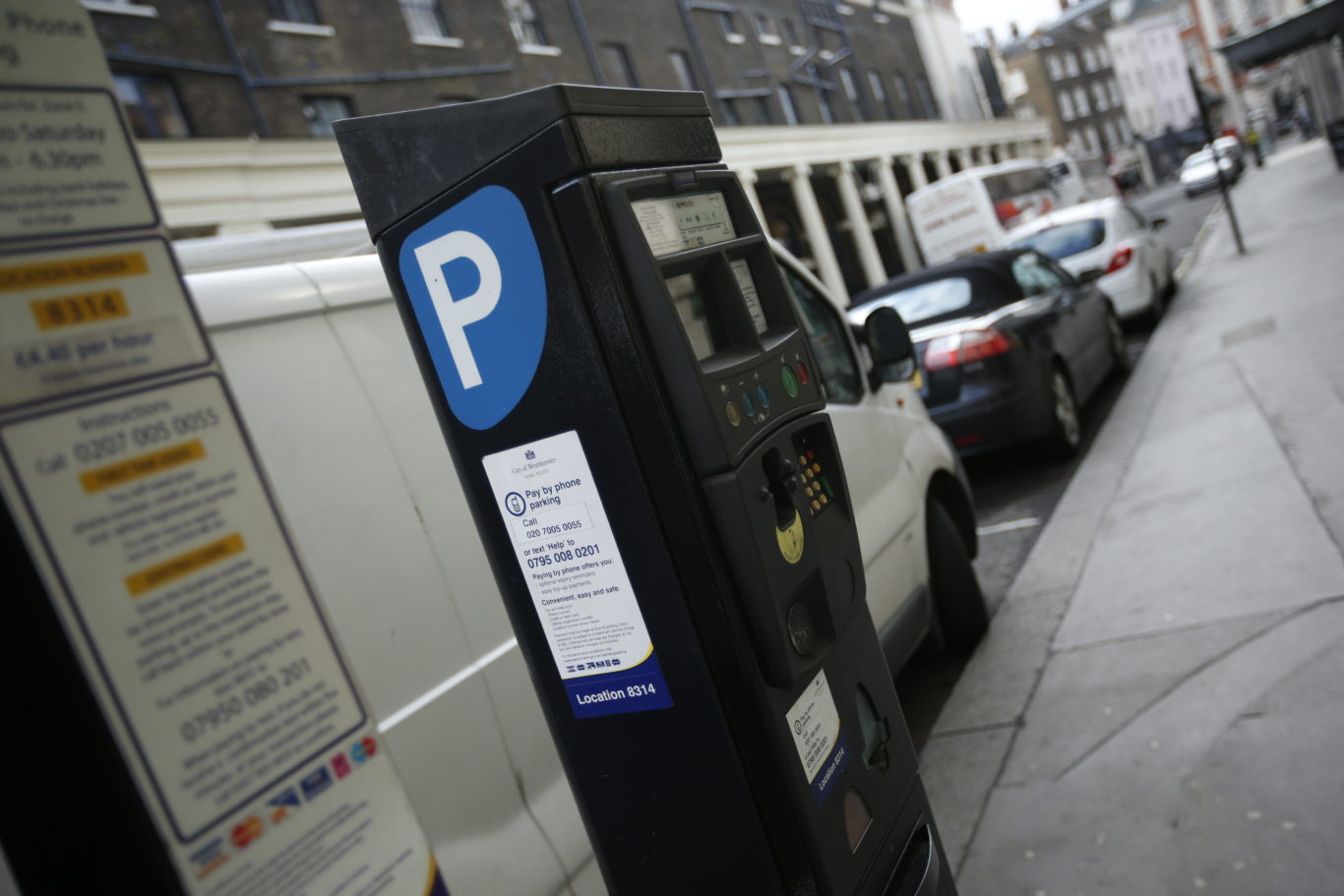
The number of complaints against tickets issued by private parking firms has doubled in the last three years, according to figures from the industry regulator.
The latest report from the main appeals body Parking on Private Land Appeals (POPLA) shows a total of 67,122 parking tickets were appealed between October 1, 2017, and September 30, 2018.
This figure is 95 per cent higher than the 34,495 appeals made in the 12 months ending March 31, 2015.
Car parks which are registered with the British Parking Association (BPA) use POPLA, while car parks registered with the International Parking Community process their appeals through the Independent Appeals Service.

POPLA says the increase in appeals coincides with a rise in the number of privately managed car parks, as well as an increase in automatic number plate recognition technology. It also believes that greater public knowledge of the appeals process is inflating numbers – with motorists more informed about their rights and responsibilities when using a privately operated car park.
However, more people appealing doesn’t necessarily mean greater success. Just 41 per cent of appeals POPLA processed were successful in 2017/18, compared with 52.7 per cent in 2014/15.
Of those successful appeals, 384 were made by POPLA itself on behalf of the motorist – arguing that mitigating circumstances prevented them from sticking to the car park terms, although they were technically in the wrong. Examples such as a breakdown, involvement with a police incident or a health scare were given – though POPLA notes this is down to the discretion of the parking operator.
POPLA noted it received a number of appeals where motorists appeared to be confused by so-called ‘grace periods’. BPA regulations expect operators to allow motorists a reasonable length of time when they enter a car park, to decide whether they are going to stay and park or leave – after reading the rates and regulations. A ten-minute grace period is expected to be given at the end of an agreed period.
The independent 'Parking on Private Land Appeals' (POPLA) service annual report for 2018.
50,082 parking appeals decided over the 12 months.https://t.co/wyrMQtz2bT#parking
— ZatPark (@zatpark) December 17, 2018
However, many motorists who appealed believed they were entitled to a total 20-minute grace period, and their appeals were not successful.
POPLA stressed that motorists may pay the fine or appeal – not both.
“Over the last year, POPLA has noticed a significant increase in the amount of calls around the payment of Parking Charge Notices,” the report says. “Motorists contact us to complain that they have paid the parking charge but still want to appeal. Motorists also contact us where their appeals have been unsuccessful to complain that they are unable to pay the parking charge at the reduced rate. Unfortunately, we are unable to help with these calls.”

Enjoy the convenience of having The Sunday Post delivered as a digital ePaper straight to your smartphone, tablet or computer.
Subscribe for only £5.49 a month and enjoy all the benefits of the printed paper as a digital replica.
Subscribe